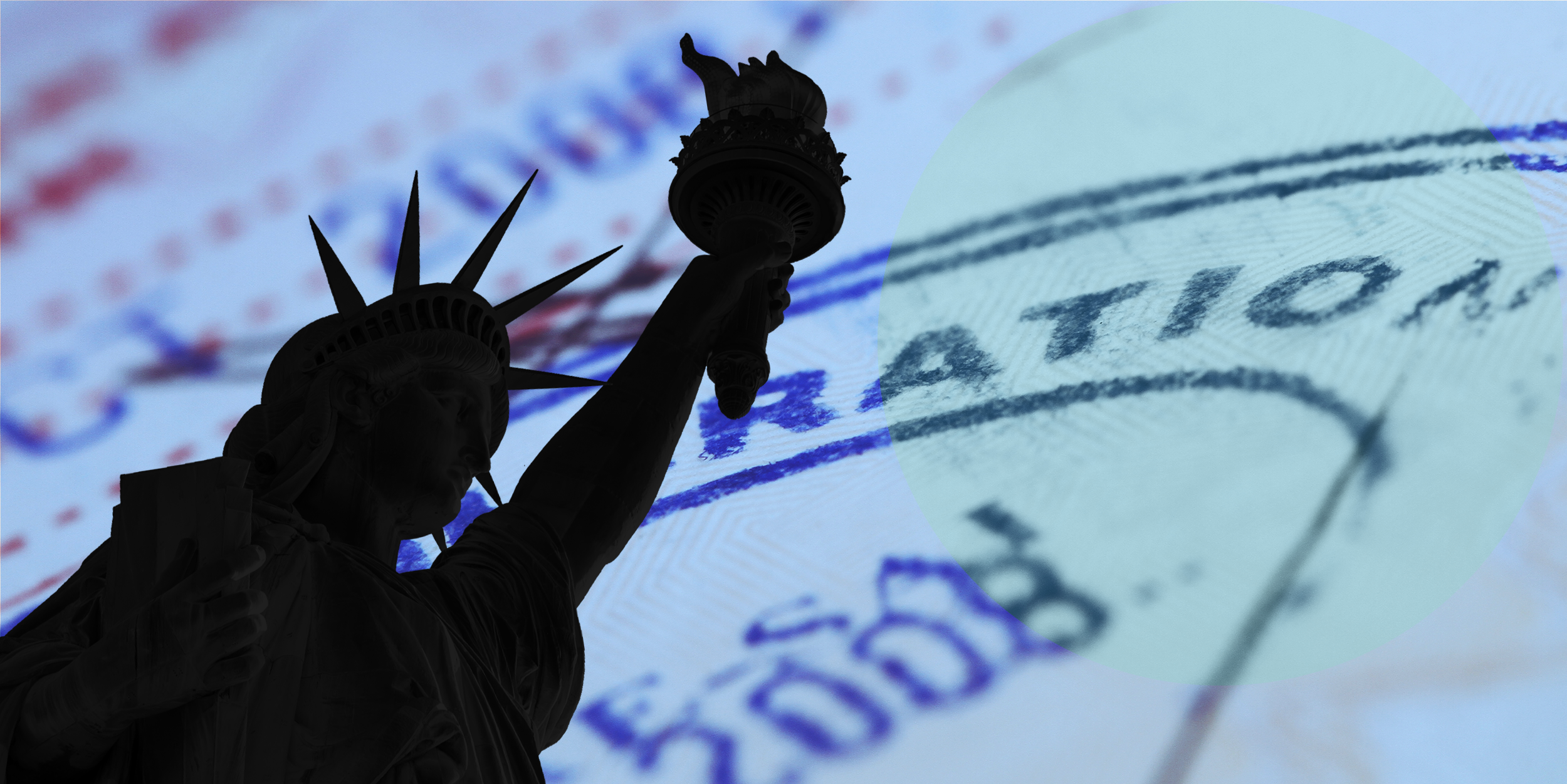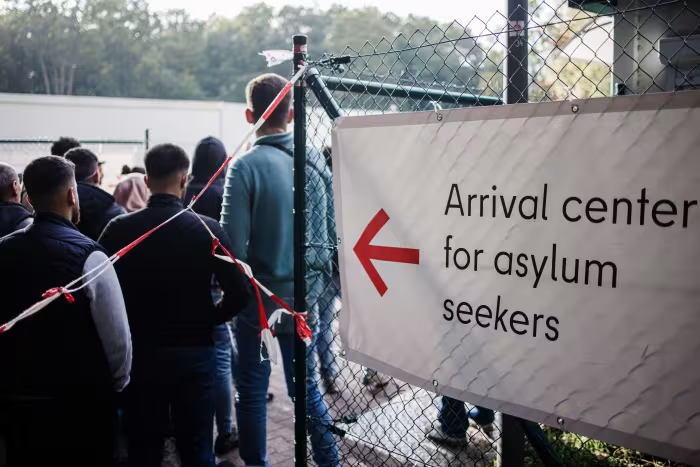The family sponsorship program in Canada allows you to bring your loved ones to live with you in this country. This program enables Canadian citizens and permanent residents to sponsor their family members, such as spouses, children, parents, and grandparents, for permanent residency. The goal is to help families stay together and support each other, no matter where they are in the world.
Navigating the sponsorship process can seem complex, but understanding the key steps can make it easier. Knowing the requirements and necessary documents is vital to ensure a smooth application. Families can reunite while contributing to the diverse fabric of Canadian society through this program.
Canada values the importance of family connections, and this program reflects that belief. By participating in the family sponsorship program, you can create a brighter future for your loved ones and strengthen your family bonds across borders.
Eligibility Requirements for Family Sponsorship
To successfully sponsor a family member in Canada, you need to meet specific qualifications. Additionally, there are different categories of family members you can sponsor. Understanding these requirements is crucial for your application process.
Sponsor Qualifications
As a sponsor, you must be a Canadian citizen or a permanent resident. You need to be at least 18 years old when you apply. Your commitment to support your family member financially is important.
You must prove that you can support your relative without relying on government assistance. This means showing your income meets or exceeds the low-income cut-off (LICO) levels.
If you are sponsoring a spouse or partner, you must also be able to show that your relationship is genuine. You cannot have been sponsored yourself within the last five years.
Sponsored Family Member Categories
There are specific categories for family members you can sponsor. These include:
- Spouse or Common-Law Partner: You can sponsor your spouse, regardless of their gender. If living together for at least one year, you may also sponsor a common-law partner.
- Dependent Children: You can sponsor children under 22 who are not married or in a common-law relationship. Children over 22 can be sponsored if they depend on you due to a disability.
- Parents and Grandparents: Family reunification for parents and grandparents is an option. This requires separate application processes through the Parent and Grandparent Sponsorship Program.
- Other Relatives: You may also sponsor one relative if you do not have other immediate family in Canada.
Make sure to check the specific requirements for each category before applying.
Application Process
The application process for the Family Sponsorship Program in Canada involves several key steps. You need to gather the right documents, submit your application correctly, and keep track of the processing times. Here’s what you need to know.
Gathering Necessary Documents
Before you can apply, you must collect several important documents. Start with proof of your Canadian citizenship or permanent residency. You will also need documents that show your relationship with the person you want to sponsor.
Common documents include:
- Birth certificates
- Marriage certificates
- Photos to prove your relationship
Ensure all your documents are clear and legible. If any documents are not in English or French, you must get them translated. Double-check that everything is complete to avoid delays in your application.
Application Submission
Once you have gathered all necessary documents, it’s time to submit your application. Make sure to use the correct application forms. You can find these on the Immigration, Refugees and Citizenship Canada (IRCC) website.
Follow these steps for submission:
- Complete the application forms accurately
- Attach all required documents
- Pay the application fees
You can submit your application online or by mail. If you choose to mail it, use a reliable service to ensure it arrives safely.
Processing Times and Updates
After you submit your application, you should keep track of the processing times. Processing times can vary based on several factors, including the volume of applications.
You can check the current processing times on the IRCC website. Once your application is in process, you can get updates through your online account. It is crucial to regularly check for any requests for additional documents or information from IRCC to keep your application on track.
Financial Responsibilities
When you sponsor a family member in Canada, you have specific financial responsibilities. These include meeting the minimum income requirements and understanding the sponsorship agreement details.
Minimum Necessary Income
To sponsor someone, you must show that you earn enough income to support them. The income you need depends on the size of your family and the number of people you are sponsoring. This requirement ensures that the sponsored family member will not rely on government support.
You can find the exact income levels on the Government of Canada’s website. Generally, your income should come from reliable sources like employment, business income, or investments. If you have dependents, this may raise your income requirement.
Sponsorship Agreement
When you sign the sponsorship agreement, you are making a legal commitment. It states that you will support the sponsored person financially for a specific period, typically three to ten years, depending on their age and situation.
In this agreement, you commit to providing basic needs like food, shelter, and clothing. If the sponsored person requires social assistance during this time, you may have to repay the government. Be sure to review the terms carefully to understand your obligations and potential consequences.
Rights and Responsibilities of Sponsored Individuals
As a sponsored individual in Canada, you have specific rights and responsibilities. Understanding these can help ensure a smooth experience while living in the country.
Rights in Canada
As a sponsored individual, you have several important rights. You have the right to live and work in Canada without any restrictions related to your immigration status. This allows you to build a life and contribute to the community.
You can access essential services, including healthcare and education, just like other residents. If you have children, they can also attend public schools. Furthermore, you have the right to protection under Canadian law.
You can also participate in community activities and join social groups. Being part of the community helps you integrate and build social connections.
Obligations of Residency
While you enjoy these rights, you also have obligations to fulfill. You must reside in Canada and not leave for extended periods. This helps maintain your residency status and keeps you eligible for future immigration benefits.
You should report any change in your address or family status to the relevant authorities. Keeping your information updated is crucial for proper communication regarding your residency.
Additionally, you must comply with Canadian laws. Following local laws helps you avoid legal issues and contributes to a safe environment for everyone. Being a responsible resident supports your place in the community.
Appeals and Legal Considerations
In this section, you’ll learn about what to do if your application is denied and how legal assistance can help you navigate the appeal process.
Appeal Process for Denied Applications
If your family sponsorship application is denied, you have the right to appeal the decision. You must submit your appeal to the Immigration Appeal Division (IAD) within 30 days of receiving the refusal notice.
To start the appeal, you will need to fill out a specific form and provide reasons why you think the decision was wrong. It’s essential to gather all relevant documents that support your case.
There may be a hearing where you can present your arguments in front of an IAD member. After reviewing your case, the IAD will make a final decision, which can either uphold or overturn the initial refusal.
Legal Assistance Options
Navigating the appeals process can be complicated. Seeking legal help can make a big difference. You can hire an immigration lawyer or a licensed immigration consultant for advice and representation.
These professionals can help you understand the rules and prepare your appeal. They can also represent you at the hearing and help build a strong case.
When looking for assistance, ensure your advisor is qualified and experienced in family sponsorship matters. Check their credentials and reviews to make an informed choice. Getting the right support can increase your chances of a successful appeal.


